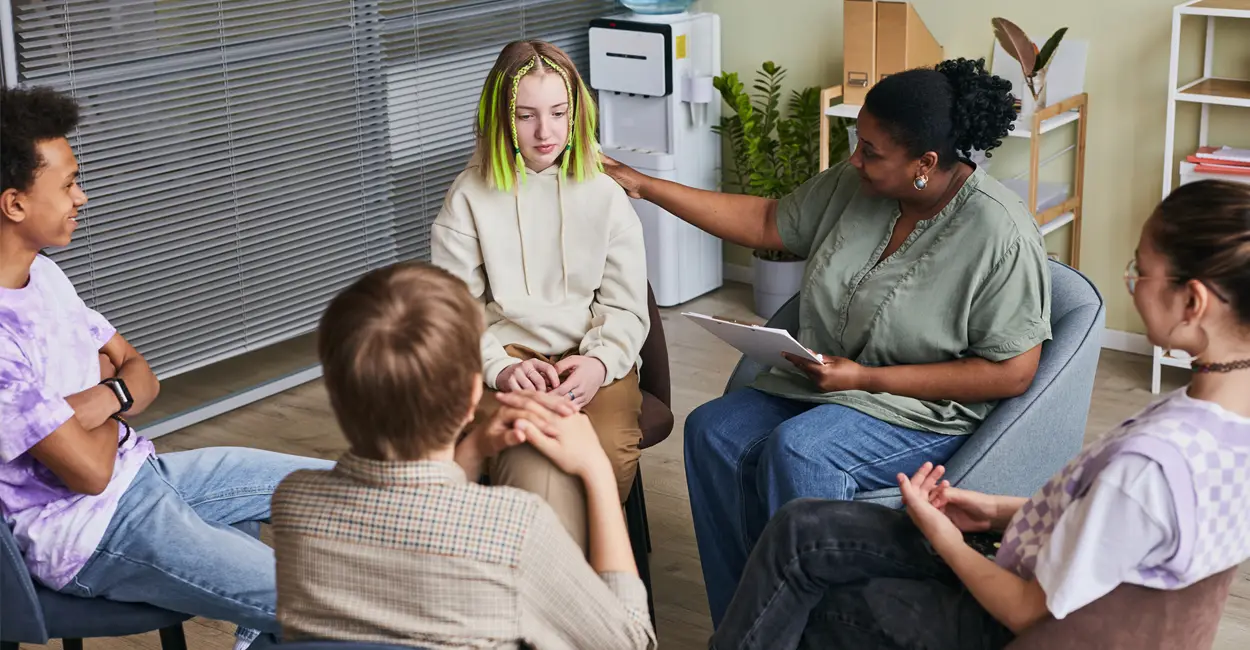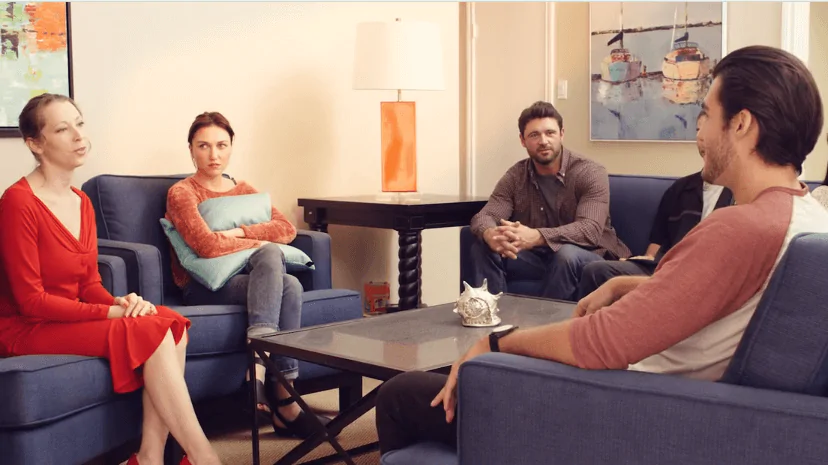24/7 Helpline:
(866) 899-111424/7 Helpline:
(866) 899-1114
Learn more about PTSD Rehab centers in Osceola
PTSD Rehab in Other Cities

Other Insurance Options

UMR

Premera

Health Net

EmblemHealth

Providence

Oxford

BHS | Behavioral Health Systems

PHCS Network

Humana

Magellan Health

Multiplan

BlueCross

Excellus

MVP Healthcare

Sliding scale payment assistance

Sutter

Ceridian

Amerigroup

Group Health Incorporated

Self-pay options


























